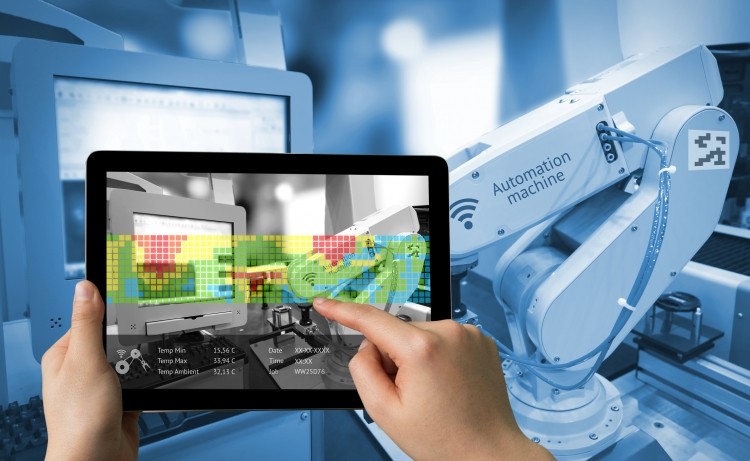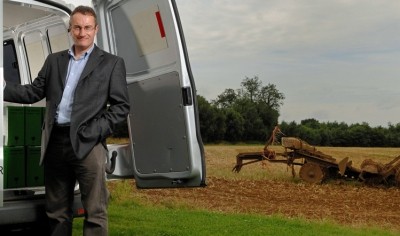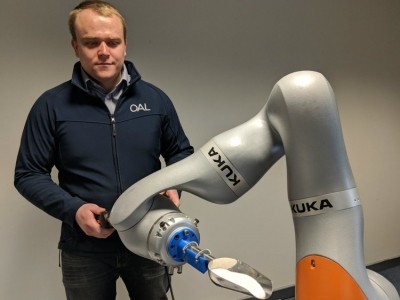Digital technologies drive food industry efficiencies

The research, carried out by food and drink IT specialist CSB-System, revealed that respondents were optimistic about future prospects, expecting the economic situation for their businesses to pick up in the years to come.
Respondents identified three business areas where there was the greatest potential for improvement – sales and marketing, production and intralogistics and information technology. In particular, enhanced IT systems were seen as critical in helping to reduce costs, effectively manage complex operations and improve overall responsiveness.
“We still expect the downward pressure on prices to persist, therefore cost reductions are necessary,” said Hermann Schalk, head of sales at CSB-System.
“This must not adversely affect product quality, which is not necessarily the case. Our experience is that there is plenty of optimisation potential in the processes, mainly through digitisation.”
Industrial Internet of Things
Separately, Jason Andersen, vice president of business line management at software supplier Stratus Technologies has urged food manufacturers to modernise their automation systems and IT infrastructures, making use of the Industrial Internet of Things (IIoT) to cope with the regulatory challenges they face.
“The IIoT can play a critical role in helping food manufacturers meet their regulatory challenges,” said Andersen. “Currently, hazard analysis is performed by manually collecting sample lots and sending them to the lab for analysis.
“Moving forward, we are likely to see more automated, in-line analysis. Samples are tested in real-time using chemical and spectroscopic analysis, with data made immediately available to centralised quality systems via the IIoT.”
This real-time analysis would enable manufacturers to identify potential problems much earlier, allowing them to make adjustments and “nip them in the bud”, he said. The IIoT could also play a critical role in enforcing good manufacturing practice, he added.
‘Rectify instances of non-compliance’
“Collecting, analysing and displaying production data from across the plant in real-time enables IIoT systems to identify and rectify instances of non-compliance with standard operating procedures much faster than is possible with traditional paper-based processes.”
It is a view endorsed by automation specialist ABB. Markus Brettschneider, group senior vice president and general manager for global food and beverage applications at ABB, also suggested that rather than investing in new systems, firms could install multi-function sensors to provide IIoT functionality.
“While equipment and robotics have been the key drivers of plant improvement in past decades, the rise of IIoT has placed greater importance on software and insight,” said Brettschneider.
“Many plant managers now use digital solutions to monitor the status of equipment to mitigate performance problems.”
















